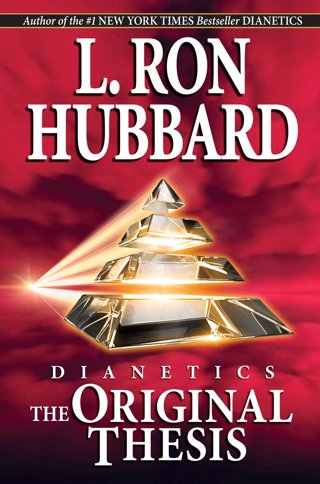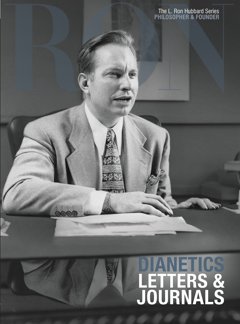Dianetics Fundamentals Explained
Dianetics Fundamentals Explained
Blog Article
Fascination About Dianetics
Table of ContentsWhat Does Dianetics Mean?Our Dianetics DiariesSome Known Details About Dianetics Dianetics for Beginners
I couldn't ever before not intend to obtain anything that enters your mind for you- if it was otherwise, I would not be resting below with you, doing this. I not just might never ever have an issue, or otherwise want to listen to something that enters your mind for you, but I'm totally excited to understand every idea, every idea, every image or sensation that emerges or manifests for you- don't ever before assume or else, and if somehow you do, please simply let me recognize! Sometimes, you might have a thought, and photo, idea or occurrence pop up that does not seem to answer the inquiry, or connect to it, yet nevertheless, always do inform me about it, and as we proceed, the relevance will certainly emerge for you.This is integral in the basis of processing, and the subject of this conversation: the fundamental roles of the therapist and the client: The basic role of the therapist is, contrary to "standard training", not to control, which indicates to impose and/or prevent, yet to instead work from the basis of EMPOWERING THE CUSTOMER.

Dianetics for Beginners
John Mcmasters shared this basic fact incredibly well in among his talks on Power handling, in which he describes just how he was asked what this "unique flair" was that he had for giving such excellent sessions; he needed to consider that for a moment, and identified that it was what he had not been doing, along with what he was doing: he had not been assessing, evaluating, computing, or in truth, creating any ideas, not to mention spoken expressions, after offering the command and while waiting for the PC to complete their solution to their fulfillment; he was, just and just, being present with the PC, and totally interested.
The function of the counselor, showed; that was his "unique knack". I have had my own experience which instructed me this well, very beforehand in the video game. In 1982, having recently finished my training and teaching fellowship on New Age Dianetics, I was running this on a PC, and there was a factor in the session where (being a little bit wet behind the ears not yet having many hours under my belt as a professional auditor) the computer seemed to be "taking too lengthy" to reveal anything verbally after I offered him a command.
This trick turned out to be one of the most beneficial payment that John ever made to the topic of treatment or bookkeeping (Dianetics). In my modest point of view, it is the best contribution that anyone has actually ever made to these subjectsthe application is completely non-judgemental, non-evaluative, and lacking any suggestion, suggestions or opinion.no preconceived schedule for people, or 'degrees' that they must do
In Idenics, the only resource of information concerning a client is the specific client. In Scientology we prided ourselves on not assessing for people. Yet all that really suggested was that the auditor did not VERBALLY review for the PC in session. The registrars and ethics police officers reviewed for the PC.
All About Dianetics

Anyone who had actually ever seen John audit might not assist yet discover an one-of-a-kind quality in his auditing."The customer's basic duty is to be there with the purpose of relocating in the instructions of their spiritual objectives, and to freely and completely share and experience whatever manifests for them in responding to the concerns and executing the directions in the processing.
This is something to procedure as required. Also, individuals regularly have previous experience and/or indoctrination in auditing/processing which, in some methods, and to some degrees, actually misinforms them right into attitudes, ideas and behavior patterns that prevent the complete realization of these functions, and so they will have a view publisher site tendency to hinder the expressing of what comes to mind, as in the instances provided over - Dianetics. * The initial, and maybe leading instances of mis-indoctrination leading to less than entirely smooth and reliable sessions, can be located in specific elements of the training routines, or "TR's":"TR's" are frequently a person's initial, or a minimum of early, experience in Scientology, and while I will certainly go on to explain what I view as the imperfections in principle and technique, nonetheless, have a tendency to be greatly healing, done as they are offered (Hubbard firmly insists that "TR's are not processing, they are educating", but factually, they are both handling AND training)
Alan Walter made similar observations, and improved these with his "Presence Processes". There is no "flunking", and no rejection of the fact of this being handling. The focus, redirected here as it should be, gets on experiencing the other person's presence. All the manifestations which obtain a "flunk" in doing "TR-0" are merely the being's efforts to stand up to the various other individual's existence, and instead than being bothered and nagged with "Flunk", which imposes "failing!" on the being, one merely needs to be urged to "stick their feet in the water a little deeper", to increasingly restore their capability and desire to fully share and experience "being right here", or "visibility", with others.
Dianetics Things To Know Before You Buy

Report this page